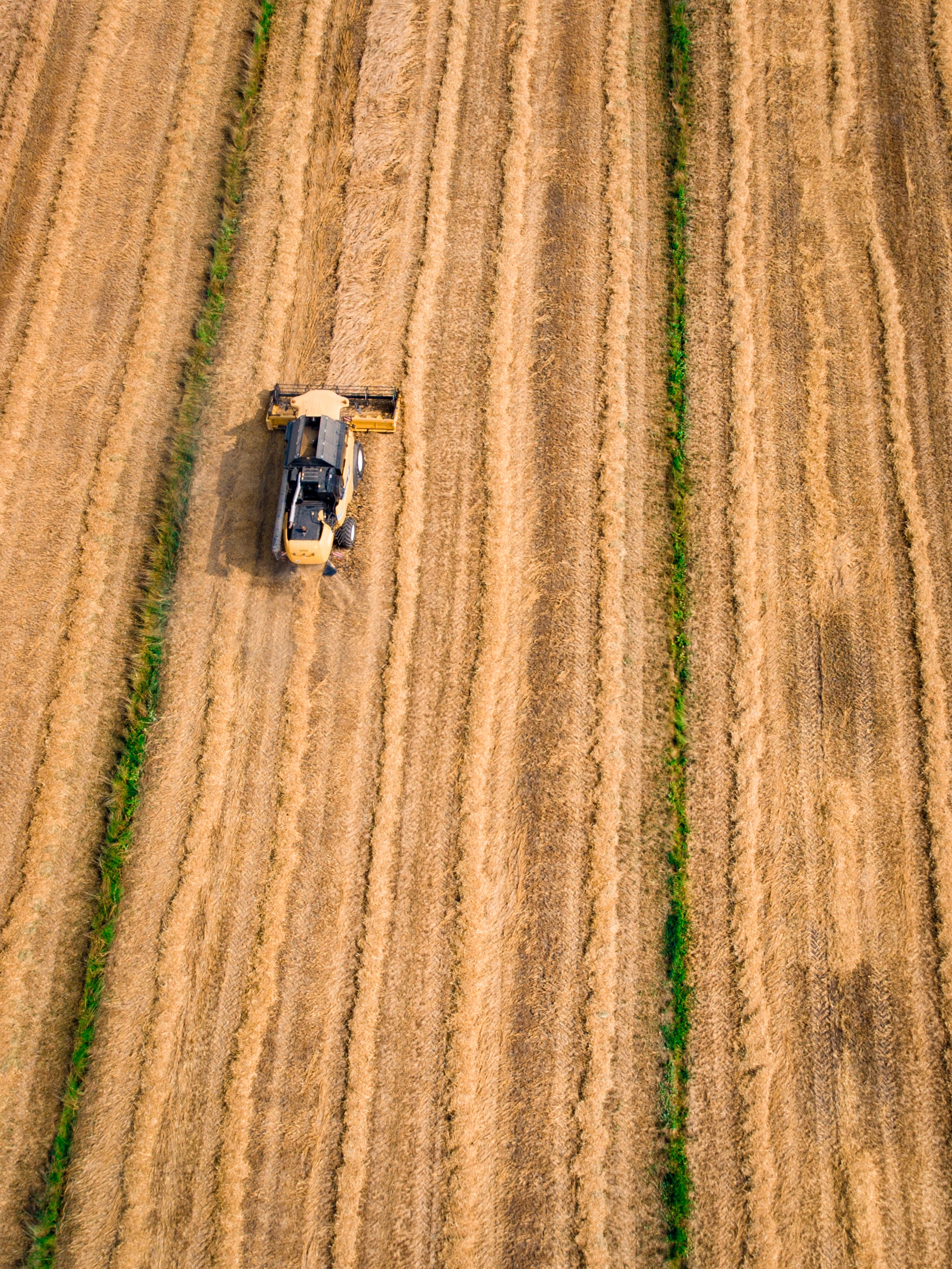The farmer of the future
The agricultural sector is facing a major transition. On the one hand, agriculture and animal husbandry are under enormous pressure due to climate policies, and on the other, agro-technology is developing at record speed. In this oppressive situation, the farmer's future is uncertain and agricultural enterprises are fighting for the right to exist. It is time to take control and redefine the farmer of the future.


Enter the conversation with Koen!
Expertise of farmer 2.0
It seems that smart technology and data processing are endangering the farmer's sense of reason. Is the farmer still needed when you have sensors and satellite images? The answer is yes. The knowledge and experience passed on from generation to generation is invaluable. Especially when it comes to applying new technology and interpreting data analyses. By embracing this technology himself, the farmer strengthens his role as a field expert.
Circular
The government is trying to achieve climate objectives through regulations and policy. The pressure on the agricultural sector is therefore high and this creates a negative attitude towards sustainability. This is despite the fact that it is essential for the preservation of agriculture. The regulations are restrictive and a sustainable approach is often not practical at present. Technology can be the solution here. If much of the work is automated, it is easier to work towards a circular approach. Cycles of water, Co2 and nutrients ensure that cultivation has no effect on the environment. In addition, a circular ecosystem results in a much more favourable earnings model for the farmer in the long term.
Innovation
If the farmer is less active on the land in the future, there will be room for innovation. Combining science with crop or livestock knowledge creates new approaches to cultivation. The farmer of the future experiments and pioneers and is therefore ahead of the market.
Direction and a stronger position
Through technology and innovation, the farmer of the future will be increasingly in control of the harvest. Precision farming and the use of automated robots can help farmers harvest more efficiently and keep costs down. Increase position and shorten the supply chain by taking control of digital transformation yourself.
When it comes to innovation in agriculture, the added value for the farmer lies mainly in the interface between in-house expertise and technological developments. A digital transformation in-house ensures a strong position in the supply chain. Bespoke software plays a vital role in this to keep the technology itself under control.

